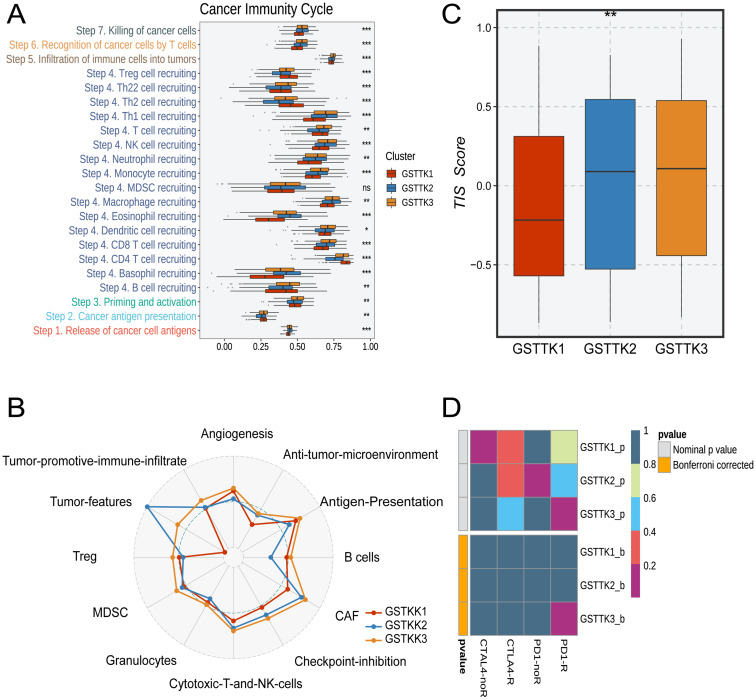
Implications of T cell-mediated tumor killing genes for molecular heterogeneity and clinical stratification in lung adenocarcinoma


Due to the profound heterogeneity exhibited amongst patients with lung adenocarcinoma (LUAD), considerable variances in clinical efficacy emerge.1 For the aims of precision medicine, a clinical instrument to delineate distinct disease phenotypes and anticipate susceptibility to intervention is imperative. Cellular cytotoxicity mediated through T lymphocytes constitutes a pivotal mechanism of anti-tumoral immunity and the foundation for cancer immunotherapy.2 Numerous genes regulating the sensitivity of tumor cells to killing mediated by T lymphocytes (GSTKKs) are conducive to satisfying the aforesaid medical necessity.
